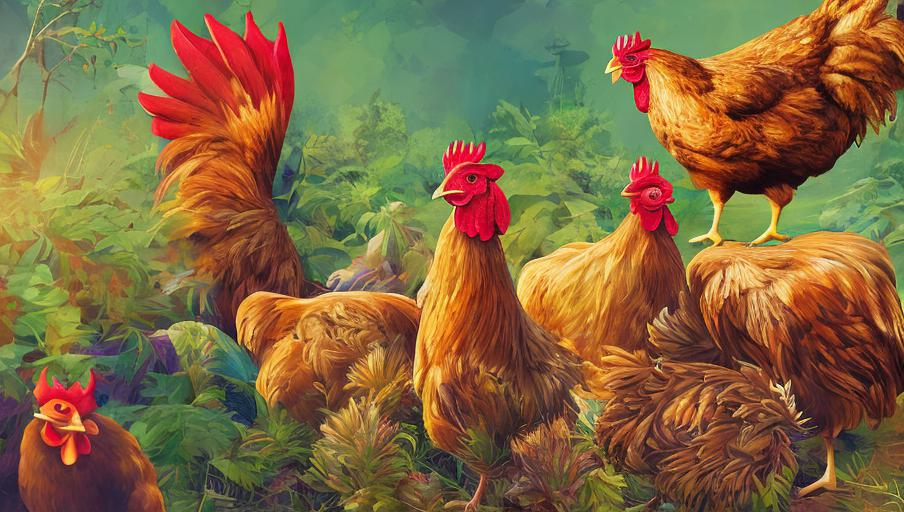Impact of Industrial Chicken Farms on the Environment

Industrial Chicken Farms
Industrial chicken farming is a major contributor to global environmental degradation. It is estimated that about 81% of the global poultry industry is industrial farming. In the U.S., almost 95% of the chickens raised for meat are grown in industrial farms. Industrial chicken farms are large-scale operations that can house thousands of chickens at a time. The vast majority of these operations are located in rural areas, and they are often the largest agricultural businesses in the area.
Harmful Practices
Industrial chicken farms are responsible for a variety of environmental harms. The most significant is the large amount of waste they produce. Chicken farms produce massive amounts of manure and other waste, which is often stored in open-air lagoons. These lagoons can emit dangerous amounts of ammonia and other pollutants into the air, which can lead to air pollution and health problems for local communities. In addition, the waste can seep into local groundwater, contaminating drinking water supplies. The farms also produce large amounts of dust and noise, which can be disruptive to local wildlife and habitats. Finally, industrial chicken farms are often accused of animal cruelty, as chickens are often housed in cramped, overcrowded conditions with little access to natural sunlight and fresh air.
Deforestation and Habitat Loss
The expansion of industrial chicken farms has also been linked to deforestation, as forests are often cleared to make way for these operations. This can have a devastating effect on local ecosystems, as it destroys habitats and disrupts food webs. In addition, the use of industrial farming practices can reduce the amount of land available for traditional farming, which can lead to a decrease in biodiversity and the loss of traditional farming practices.
Reducing the Environmental Impact
There are a number of ways to reduce the environmental impact of industrial chicken farming. One of the most important is to reduce the amount of land that is used for the operations. This can be done by using more efficient farming practices and equipment, as well as by limiting the number of chickens that are housed in a given area. In addition, better waste management practices can help reduce the amount of manure and other pollutants that are released into the environment. Finally, stricter animal welfare regulations can be implemented to ensure that chickens are treated humanely.
Conclusion
Industrial chicken farms are a major contributor to global environmental degradation. They produce large amounts of pollution and waste, which can have a devastating effect on local ecosystems and communities. In addition, these operations can lead to deforestation, habitat loss, and animal cruelty. However, there are a number of steps that can be taken to reduce the environmental impact of these operations, such as reducing the amount of land used, implementing better waste management practices, and enforcing stricter animal welfare regulations.





